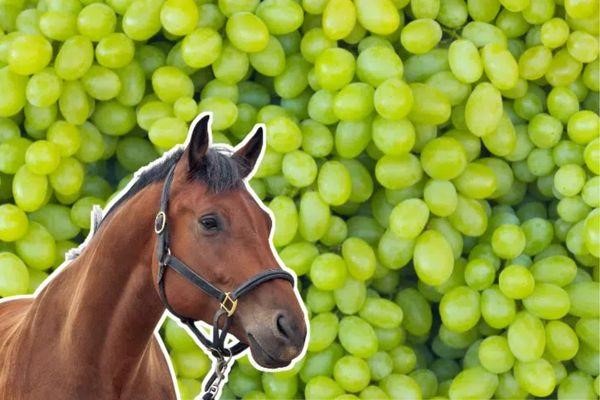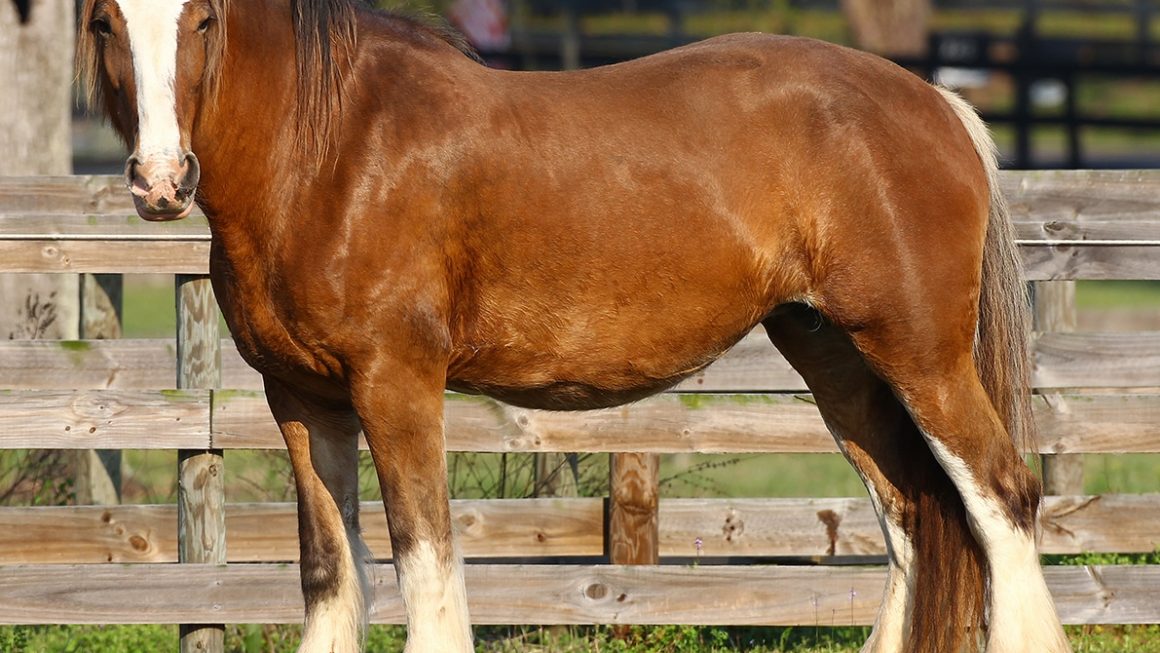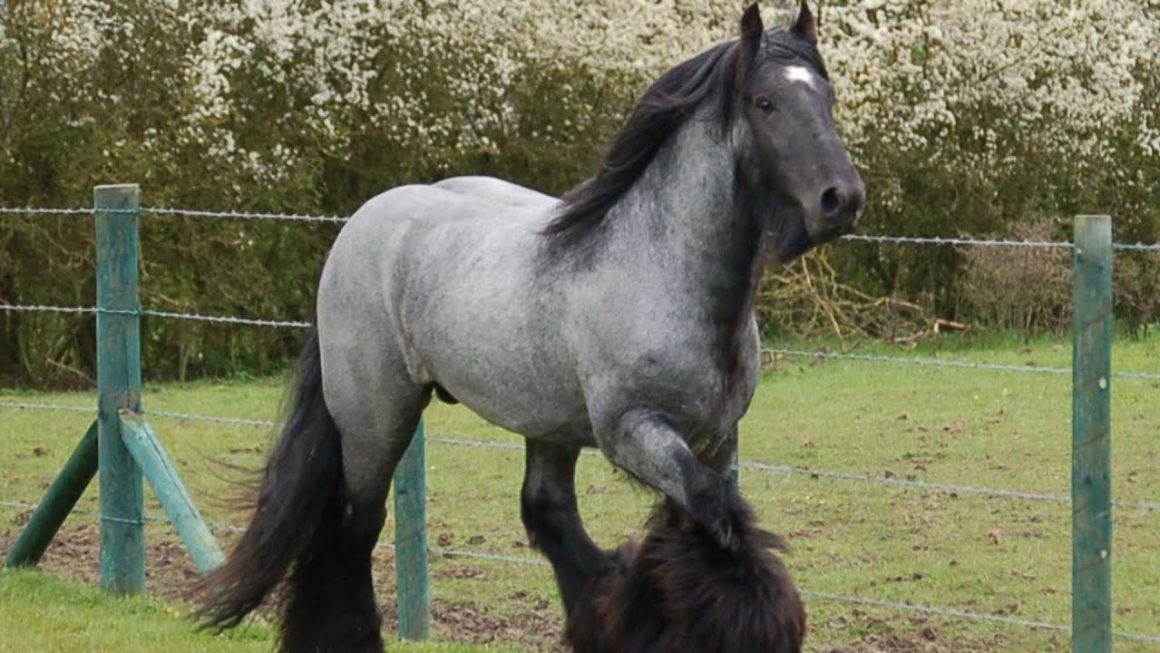Can Horses Eat Grapes? – The shortest answer is YES. Horses can have grapes. As horse owners, ensuring the well-being of our equine companions is a top priority. You must know how to do it safely, and benefits and drawbacks before feeding your horse new food, including fruits like grapes.
In this comprehensive guide, we will delve into the nutritional composition of grapes, explore their potential health benefits for horses, and provide essential considerations when incorporating them into your horse’s diet.
Can Horses Eat Grapes?
Including fresh grapes in your horse’s diet can be a beneficial addition if done sparingly. When given in moderation, grapes can contribute to a well-rounded and healthy diet for your riding companion. However, like most fruits, there are some exceptions and considerations that horse owners should be aware of.
Nutritional Composition of Grapes
Grapes are rich in vitamins and minerals that offer tremendous benefits for horses. Unsurprisingly, these nutritious treats are a favorite among horses, thanks to their natural sugar content and delightful sweetness.
The nutritional substances of 100 grams of grapes comprise:
- Carbs: 18 g
- Dietary fiber: 0.9 g
- Fat: 0.16 g
- Protein: 0.72 g
- Sugar: 15.48 g
- Vitamin A: 5 mcg
- Vitamin C: 4 mcg
- Vitamin K: 14.6 mcg
The Health Benefits of Grapes
Many animal owners are afraid and do not dare to feed their pets grapes, but they bring many benefits to horses. The truth is that feeding grapes to horses can contribute to providing them with a balanced diet and improving their health.
Here are some important health benefits of feeding grapes to horses, including:
Hydration
Incorporating grapes into your horse’s diet is an excellent way to provide additional hydration. Grapes consist predominantly of water, constituting about 82% of their composition.
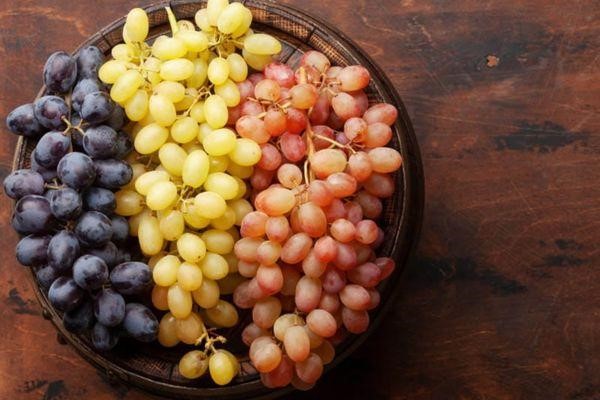
However, it’s crucial to note that while grapes contribute to hydration, they should not be considered an official replacement for water. It’s essential to maintain a constant supply of clean, fresh water for your horse to ensure optimal hydration throughout the day.
Energy
Grapes possess a naturally sweet taste, courtesy of their sugar content. While it’s advisable to limit your horse’s grape intake to a few at a time, this modest sugar boost can contribute to providing energy.
This fruit can be especially beneficial for horses during training. Moreover, horses may find this energy boost enjoyable for their everyday activities in the pasture.
Fibre
The fiber content in grapes makes them excellent for your horse’s digestive system. While a handful of grapes won’t entirely transform its gut health, providing grapes can still be beneficial in aiding digestion for your horse.
Nutrients
Vitamin C, a crucial nutrient in grapes, is a natural health booster. This implies that these sweet fruits can play a role in strengthening your horse’s immune system and enhancing overall health.
Antioxidants
Antioxidants play a crucial role in reducing inflammation and detoxifying your horse’s body by eliminating harmful toxins. Over time, toxins can accumulate, especially in horses engaged in rigorous training. For owners of highly active horses, incorporating grapes into their diet can assist in periodically cleansing their bodies from accumulated toxins.
You need to remember that your horse can only safely eat a few grapes at a time, so don’t overdo this delicious spicy fruit.
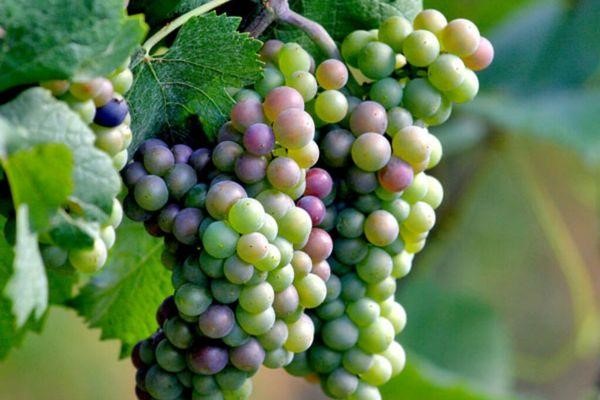
How to Feed Grapes for Your Horse Properly
You should feed your horse a safe number of grapes, around 10 – 20 grapes. It is better to spread this amount out over the week to prevent spikes in your horse’s blood sugar levels. More specifically, you should feed your horse one to two grapes at a time to reduce the risk of digestive problems.
If your horse has never eaten grapes before, you should start with a small amount to observe his body’s reaction to the fruit and then gradually increase the amount given to him. For example, you should start with one or two grapes and see how your horse reacts.
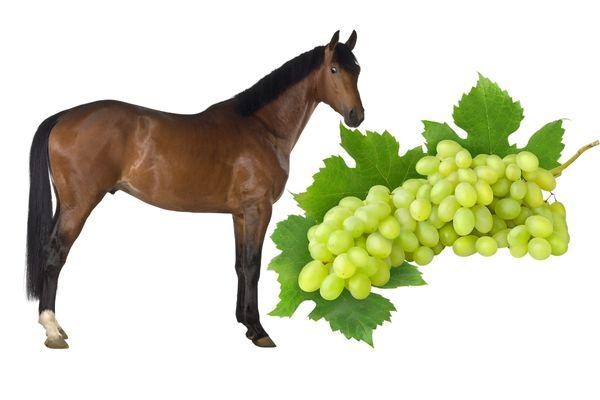
If the horse is eating other fruits, you need to reduce the amount to 5 to 10 grapes per week. You should remember that too many sweets can cause sugar addiction and unbalance your horse’s diet.
Depending on its chewing ability, you may consider feeding the horse whole or half grapes. You also need to wash your grapes carefully to remove any pesticides or toxic chemicals that may be on the grape skins.
It is important that no matter what type of horse-safe feed you are providing, it must always have horse feed such as hay and clean water available.
Avoid Feeding Grapes to These Horses…
Insulin-resistant horses should absolutely not eat grapes, including raisins. The reason is because grapes have a high sugar content, which has the effect of increasing blood sugar levels.
A healthy horse may also experience a small increase in blood sugar when they eat too many grapes, but diabetic horses will have more severe reactions. In these cases, you should feed them low-sugar fruits.
Although not a common condition, some horses may be allergic to grapes. Therefore, if you notice any unusual reactions after feeding grapes to your horse, you should consult a veterinarian immediately for timely treatment and treatment.
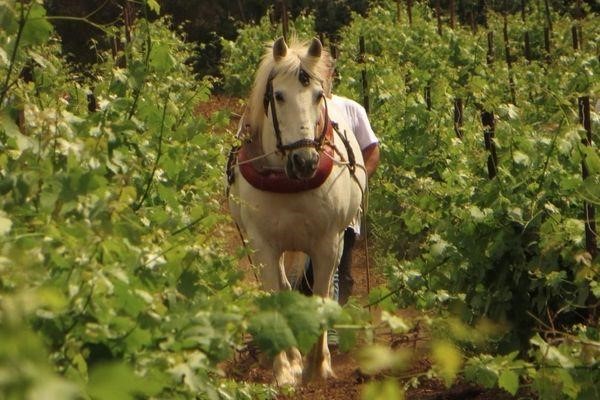
FAQs: Can Horses Eat Grapes?
Can Horses Have Raisins?
Raisins are dried grapes while some horse owners feed them in moderation, it’s crucial to be aware of the concentrated sugar content. Monitor for any adverse reactions.
Can Horses Eat Frozen Grapes?
Frozen grapes can be a refreshing treat, but ensure they are thawed before feeding to prevent potential dental issues.
Are Grapes Good for Horses?
In moderation, grapes can provide hydration, energy, and essential nutrients, making them a beneficial addition to a horse’s diet.
Should Horses Eat Bread?
Bread is not harmful in small quantities, but it’s not a nutritionally ideal treat. Monitor for any adverse reactions.
Can Horses Eat Oranges?
Oranges are safe in moderation, but their high acidity may not suit every horse. Introduce gradually and observe.
Can Horses Eat Bananas?
Bananas are safe in moderation and can be a source of potassium, but be mindful of the sugar content.
Can Horses Eat Pears?
Pears are generally safe and can provide vitamins, but like grapes, feed in a suitable amount.
Can Horses Eat Cucumbers?
Cucumbers are safe and hydrating, making them a refreshing treat for horses.
Can Horses Eat Pineapple?
Pineapple is safe in moderation, offering natural sugars and beneficial nutrients.
Final Thought
Can Horses Eat Grapes? – Grapes can be a healthy and enjoyable addition to your horse’s diet when fed in moderation and with consideration for individual health conditions. You should always consult with a veterinarian for personalized dietary advice based on your horse’s needs and health status. Taking a thoughtful and informed approach to your horse’s nutrition ensures a happy and healthy equine companion.

